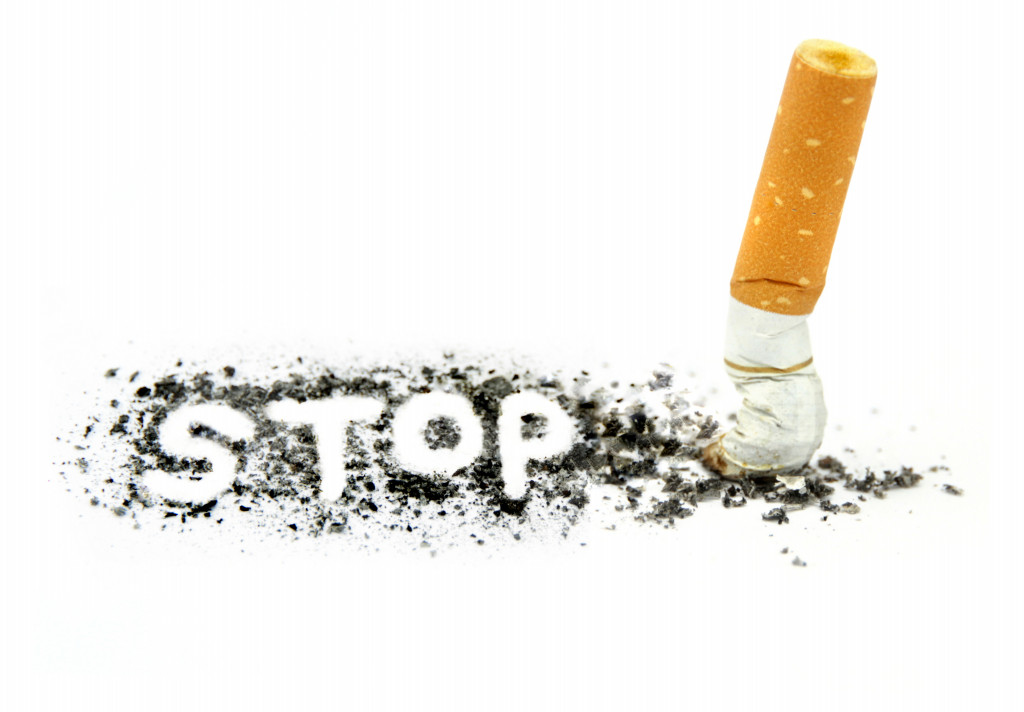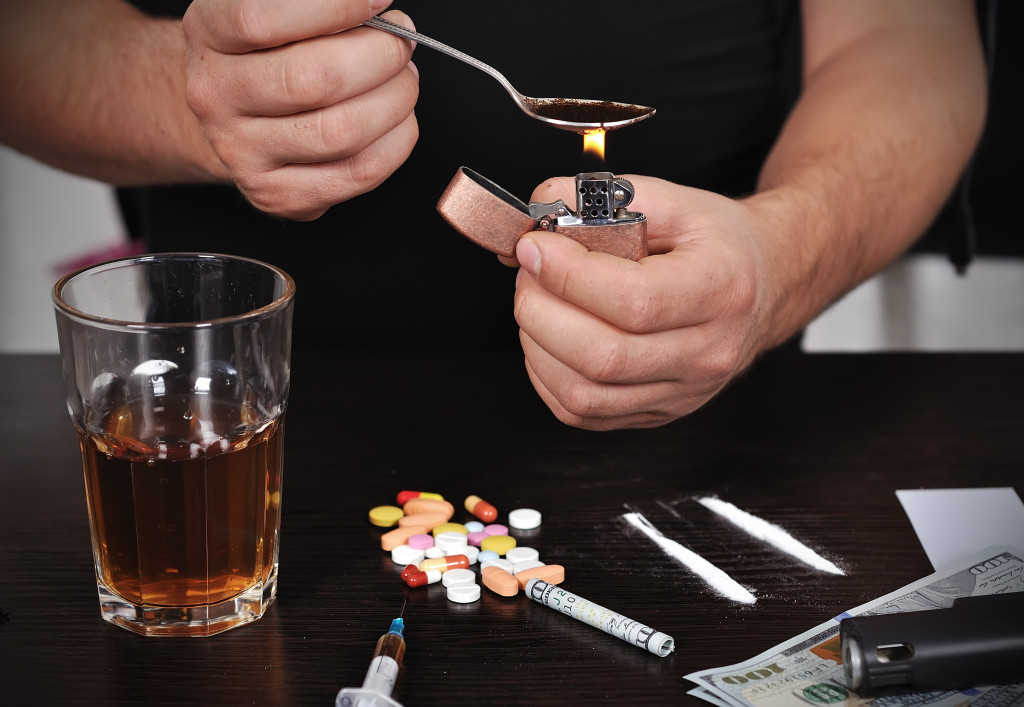- Drug use among young people has increased over the past few years, with more than 10 million adolescents aged 12–17 reported using an illicit substance annually.
- Governments should create drug awareness campaigns to educate the youth on the risks and consequences of drug use.
- It is essential to disassociate drugs from crime to reduce stigma and provide access to help without fear of legal repercussions.
- Easier access to treatment and support should be provided, such as counseling and therapy services, family support programs, drug rehabilitation centers, and support groups.
Due to several factors, today’s youth are losing the battle against drug use and addiction. For one, there is a lack of access to comprehensive education about drug use risks and long-term consequences. Furthermore, many young people find themselves in environments or social circles where drug use is normalized or glamorized. This can further increase peer pressure and a false sense of security when experimenting with drugs.
Unfortunately, statistics show that drug use among young people has steadily increased over the past few years. According to the National Institute on Drug Abuse (NIDA), more than 10 million adolescents aged 12–17 reported using an illicit substance annually. The Substance Abuse and Mental Health Services Administration (SAMHSA) said that more than 6 million Americans aged 12–17 had used marijuana within the past month; this includes 8.5% of adolescents aged 12–14 and 22.6% aged 15–17.
Local and national governments must help address this crisis and communicate that drug use is not ideal for health. Here are a few steps to help protect the youth from drugs.
Drug Awareness Campaign

Drug addiction among youth has increased in recent years due to various factors. While peer pressure and social media can be influential, some of the most common reasons young people become addicted to drugs include boredom, feeling disconnected from family or friends, and wanting to fit in with their peers. Additionally, mental health issues such as depression, anxiety, and trauma can increase one’s risk of developing an addiction.
Educating the youth will be the most effective way to combat drug abuse. Drug awareness campaigns can be used to inform young people about the various risks involved in taking drugs, as well as how to cope with any underlying mental health issues. These campaigns could include interactive programs, public service announcements, school visits, and educational materials such as books or pamphlets discussing drug use’s consequences.
Drug awareness programs will help create awareness and understanding of different drug types, their consequences, and how to get help. These programs should be tailored to meet the needs of a particular age group and provided in a language they can easily understand.
Disassociation Between Drugs and Crime
Unfortunately, many kids hide their need for drug addiction help because they fear the consequences of being arrested or incarcerated. Therefore, it is essential to disassociate drug use and crime to reduce the stigma preventing young people from seeking help.
Local governments should create initiatives such as drug diversion programs that provide treatment instead of imprisonment for those struggling with addiction. These programs will help young people seek counseling and other resources without worrying about legal repercussions. Additionally, these programs will provide guidance and support for overcoming addiction and transitioning back into a healthy lifestyle.
It is also essential to have clear communication between local law enforcement agencies, school districts, health departments, community organizations, and other stakeholders who are involved in helping youth overcome addiction issues. This way, any problems can be addressed quickly before becoming bigger.
Provide Easy Access to Treatment and Support
Young people need access to resources that can provide them with the necessary help and support when struggling with drug addiction. Local governments must create programs and services that are easy for young people to access. This includes the following:
Counseling and Therapy

Drug addiction can significantly impact a person’s mental health and well-being. Therefore, providing counseling and therapy services for young people struggling with addiction is critical. These services should be delivered in an environment that is welcoming and nonjudgmental.
Family Support Programs
Family support programs can give parents and caregivers the resources to help their loved ones recover from drug addiction. These programs should include education about addiction, practical strategies for helping family members through recovery, and connecting families to external resources such as recovery centers or support groups.
Drug Rehabilitation Centers
Rehabilitation centers should be created in local communities to provide young people access to specialized drug addiction treatment. These centers should offer comprehensive care, including medical detox, group therapy, individual counseling, and aftercare support.
Support Groups
Support groups can be an excellent resource for young people struggling with addiction. These support groups should bring together individuals going through similar experiences, creating a safe space to discuss challenges and progress in recovery.
Spread Awareness of Drug Addiction Support
If professional support is available, it will be necessary to ensure that it is visible to the people that need to see them. This means that local government should work with community organizations to create campaigns for publicizing these services and highlighting the availability of drug addiction help. Additionally, governments should encourage using social media and other digital channels to reach young people struggling in silence. Partnering with Faebl Studios can help create videos or podcasts to share with the youth so they know what resources are available.
Final Thoughts
By implementing these tactics, local governments have a real opportunity to make an impact in the lives of young people struggling with drug addiction and help them find their way back to a healthy life. With proper education, access to treatment options and support, and increased awareness of resources available to prevent drug abuse, we can reduce the number of young people affected by substance use disorder.

